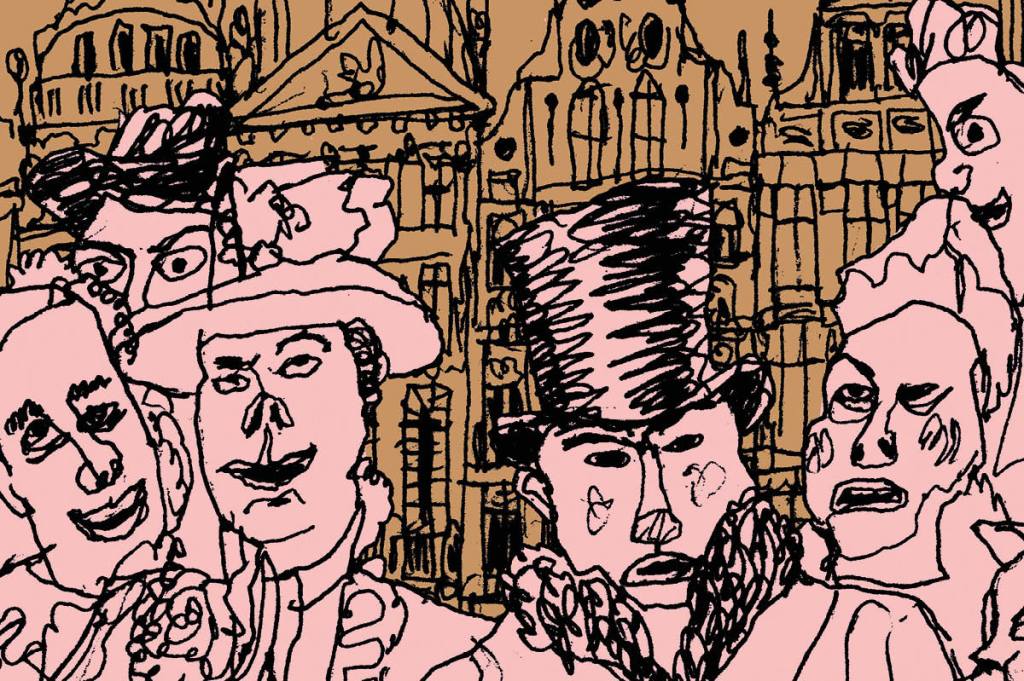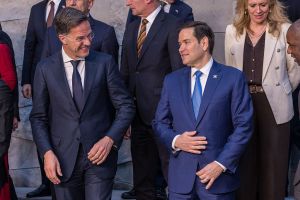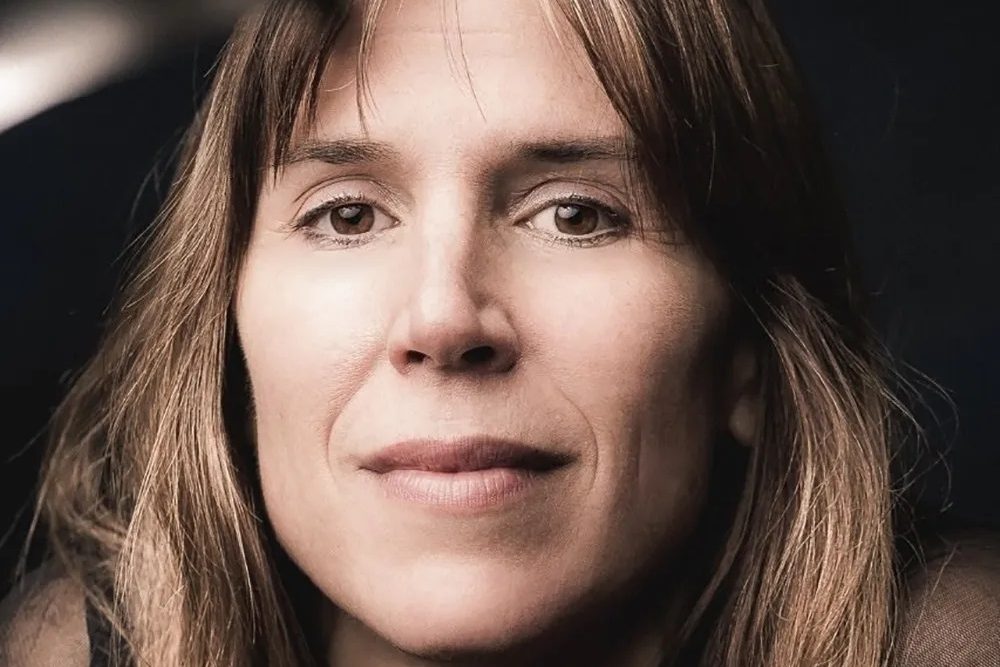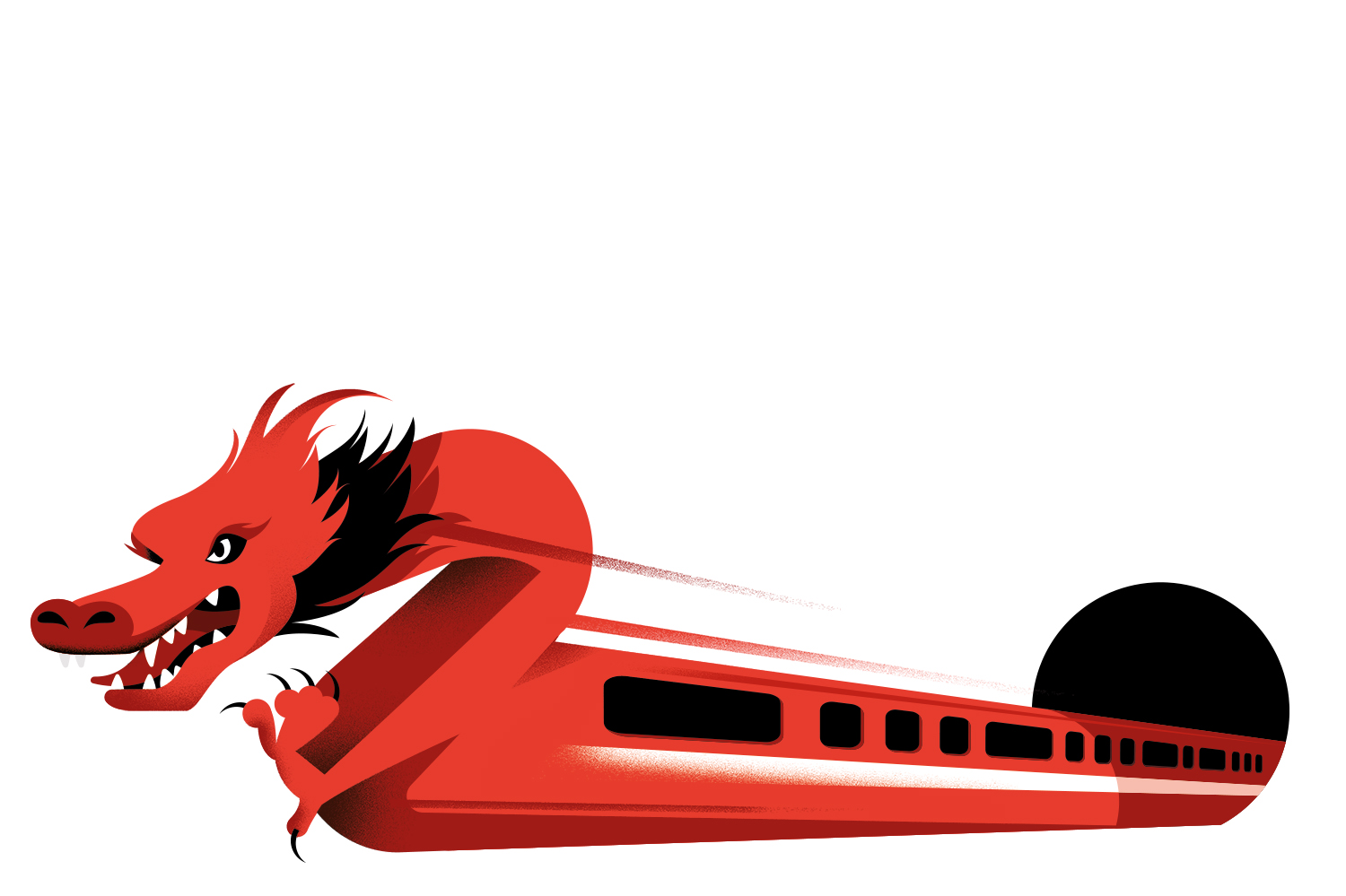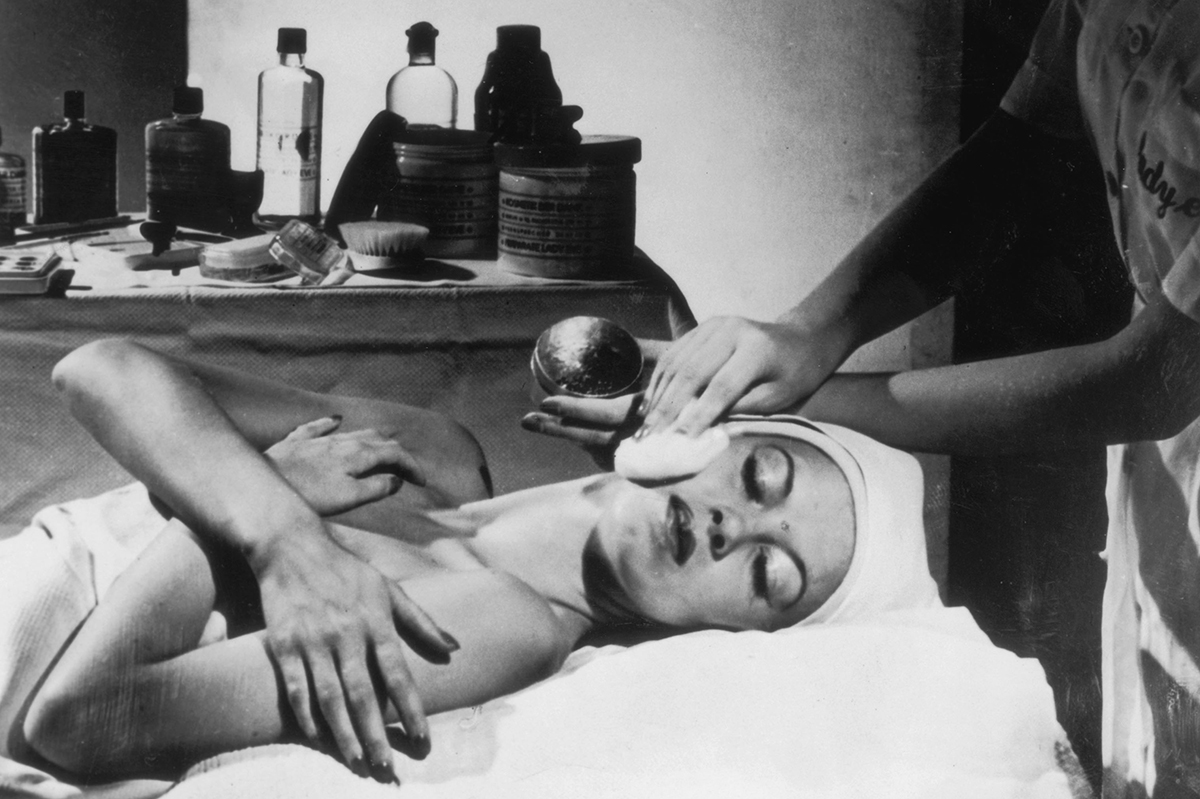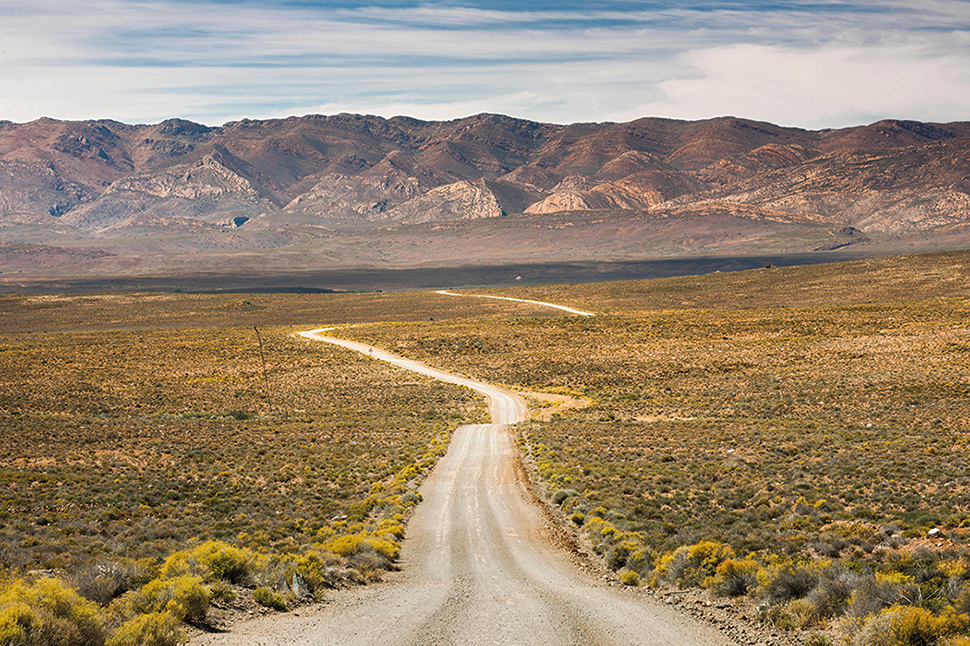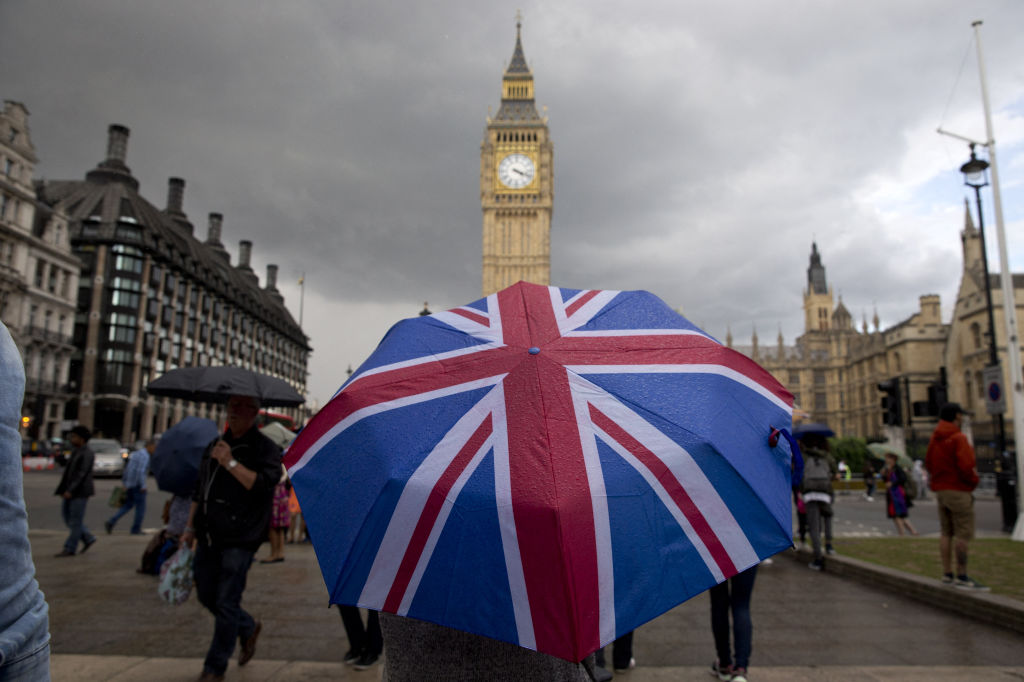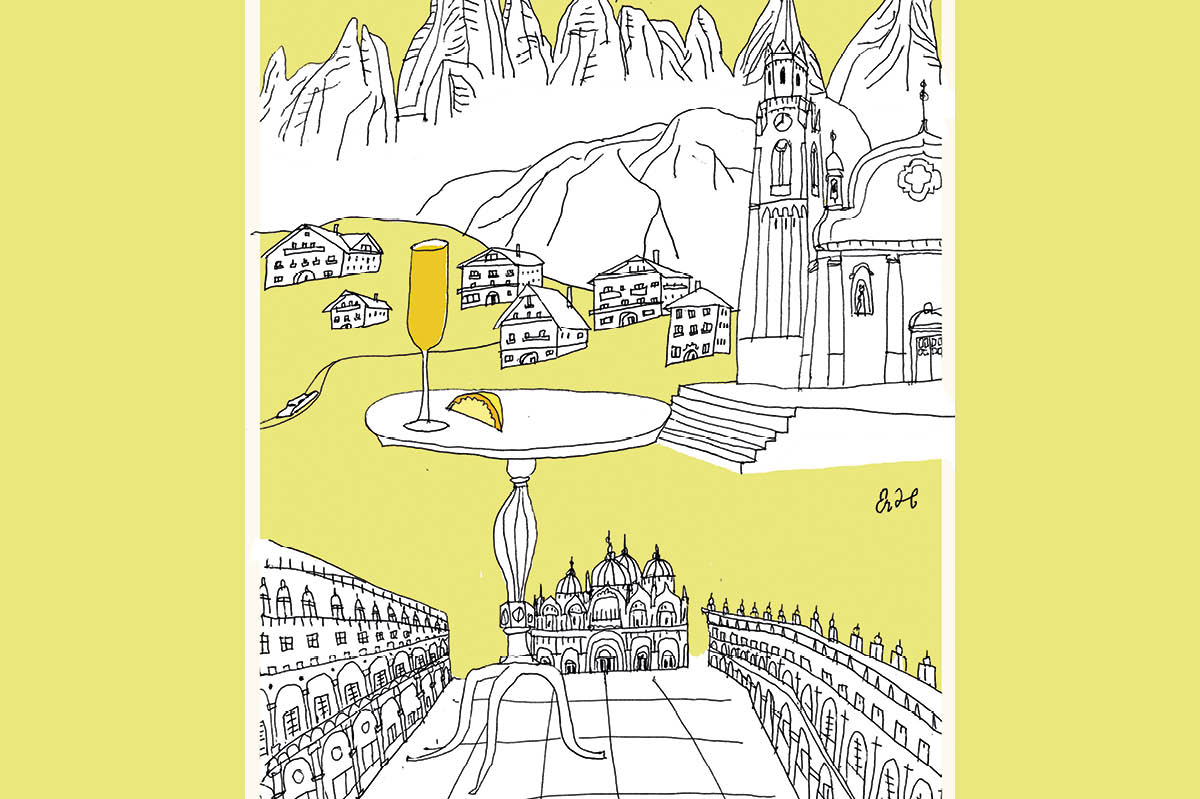Brussels is the source of all evil to many of those who supported Brexit, and even for Americans.
“What’s a good Christian boy like you doing in Satan’s den?” was the question of an Austin friend when I told him work had brought me to the capital city of the European Union.
To its critics, Brussels is the bastion of the worst sort of Big Government, with the European Commission and Parliament issuing diktats to more than 500 million people across twenty-seven nations. But while the city is “full of nets” with which to trap you, as described by another friend who worked here on human rights legislation, it’s also a city of “hope.”
Brussels has a rich comic book culture. There are the intrepid reporter Tintin and his sidekick Snowy. Here the Smurfs and various other cartoon characters are emblazoned on walls as you pass. Belgian frites are world beaters, especially when adorned with strangely named sauces like Andalouse or samurai to dip them into. And of course, there are the dangerously strong “tripel” beers made by Trappist monks and wild-eyed Belgian brewers. There are around 900 locally made beers to choose from. I had to check WebMD to remember how to put someone in the recovery position when a rowdy night out claimed another victim. I can commend Westmalle, Waterloo (“The beer of bravery”) and for the very hungover, Paix Dieu.
The weird pace and rhythm of the city take some getting used to. Everyone goes out to party on Thursday night, which isn’t ideal come Friday morning. All the EU technocrats work a four-day week before heading back to their home countries as the rest of us soldier on for another day. It also means that on Friday and Saturday nights many local bars are shut or half empty. A proportion are always empty as they are money-laundering fronts, a local explained to me.
Brussels — like the rest of Belgium — is riven in two between the feuding French-speaking Walloons and the Dutch-speaking Flemings. The city’s split personality can make things interesting. On July 11, I ran into a crowd of boozed-up Flemings having a street party just off an attractive plaza called Quartier des Libertés (in French) or Vrijheidswijk (in Dutch). They were marking the Battle of the Golden Spurs, when rebellious Flemish militia defeated the royal army of France in 1302.
“For us Flemings, it’s what Agincourt is for the English!” the normally mild-mannered editor of a local publication told me. “Fuck the French, right!” he added, before jabbing the air with a two-fingered V and explaining to a friend how the English archers goaded the French at Agincourt. The free beer had been provided by right-wing nationalist Flemish politicians.
The cultural and linguistic division is minutely demarcated by Belgian law along an east-west line through Belgium. Brussels is a bit like Cold War Berlin: it’s Bruxelles to the Walloons and Brussel to the Flemish. Bilingual signage and public announcements honor this accommodation; they often include English, the lingua franca of the EU establishment, which is presently busy pushing the “most progressive” legislation in the EU’s history, as I heard one Sweden Democrat MEP put it.
Politically the city is very much split also, with the left and the right glaring at each other. Those I encounter from the right tend to be friendlier than their opponents. But speak to locals, who are very fond of their city, vouching for its easy-going, egalitarian charms. Outdoor parties with DJs pumping out trance and techno music are not hard to find. Behind a boring tower block you’ll often find an architectural gem.
The ribald mix certainly keeps you on your toes. In one nondescript bar, a bunch of topless women suddenly emerged at the same time as the canapés and sandwiches were handed around. It was apparently some sort of anniversary for the bar. I nibbled on a cheese-filled bun and tried to look the other way as another pair of breasts glided past my head — I’m tall, and this is a recurring problem when seated. I noticed every food offering was meatless. Whether this was the city’s lefty side, a cost-saving measure — everything here is expensive — or recognition of its being Friday due to the “Catholicism that runs through the city like a raspberry ripple,” to quote my human-rights-lawyer friend, will remain a mystery, like much of this baffling place. One local told me not to worry and that Belgians prefer the city to have an anarchistic edge.
Like the EU institutions it houses, much of Brussels seems like an artificial construct detached from reality. One night I was cornered by a grizzled guy in his sixties. When he first shouted over at me, he sounded English before explaining — with a finger to my chest — that he was from Turkey and had spent years in the French Foreign Legion.
“Life is short,” he expatiated, clutching my arm. “Death is close, I’ve been there. Use your time well. You understand?”
He was seven sheets to the wind, but arguably he had a better grip on reality than both Brussels’s EU elite — and the rest of us.
This article was originally published in The Spectator’s September 2023 World edition.



